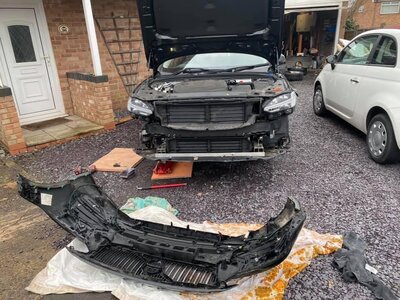It's multi path problem:.
Products are generally becoming more complicated, to meet customer demands, and to meet tighter regulation and legislation. Many products are being miniaturised, which makes handling components more difficult without specialised tools which are often beyond the scope of DIYers. More products are being designed to be manufactured but not dismantable without damaging them. With many products there is marketing push to be able to call them "Digital" becasue the public have been brian washed into thinking Digital is better.
Its only in recent decades we have become more aware of how wasteful we have been as a throw away society and how protectionist some companies have become about the products they make. The right to repair may change some of this, but in the UK the legal right to repair only covers a very limited scope of products.
But we also do have a skills gap. The oldest generations still alive may well remember the post WW2 period where make do and mend was still a way of life, but with the push to get more people through university, it has tended to polarise more recent generations to focus on a small area or engineering, and that means an electronics graduate for example is less likely to have transferable knowledge and skills to other area's
Government has enacted an increasing amount of legislation which has been protectionist in nature, making it illegal to under take some types of work unless you have recognised evidence of competence in the field.



